How Long Do Solar Panels Take to Pay for Themselves?
If you’ve decided to make an investment in solar energy, you may be wondering how long solar panels take to pay for themselves. On average, it usually takes homeowners six to 15 years to make up the money they spent on their solar panels. But because each house has unique energy production and consumption needs — and because there are various other factors influencing solar costs — everyone spends a different amount on solar, so there’s no specific answer that applies to every homeowner.
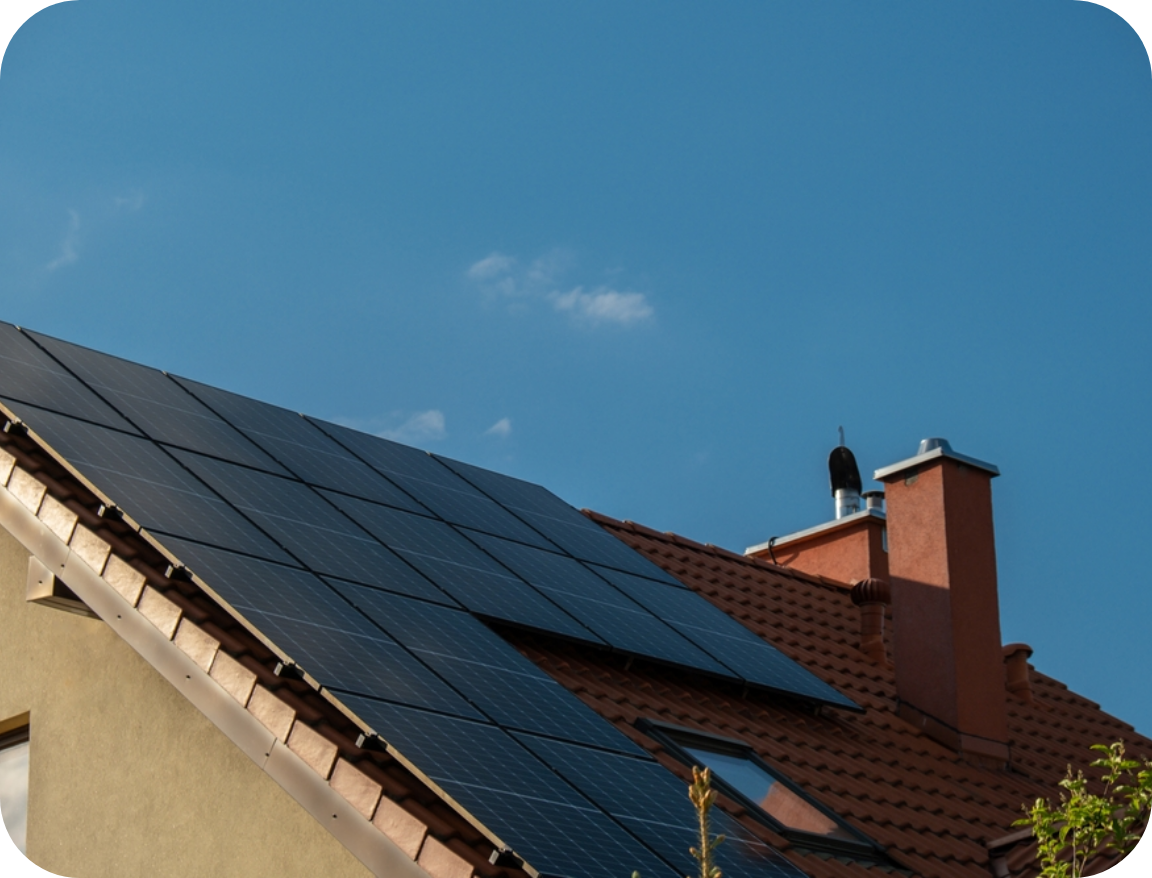
However, you can calculate your solar payback period — the amount of time it will take you to break even — based on the cost of your system, the amount you receive in incentives and rebates, and the amount you save on electricity. Regardless of your payback period, solar is a good investment, and we’re here to illuminate the way to energy independence by showing you how easy and affordable it can be.
Keep reading to learn more about the return on investment solar provides and how you can determine the return you’ll get.
About Solar Payback Periods
The solar payback period is the length of time required for you to make up the amount you spent on your system in electricity savings. Many people use the solar payback period calculation to determine whether or not solar is the right investment for their needs. Several factors contribute to the length of a solar payback period.
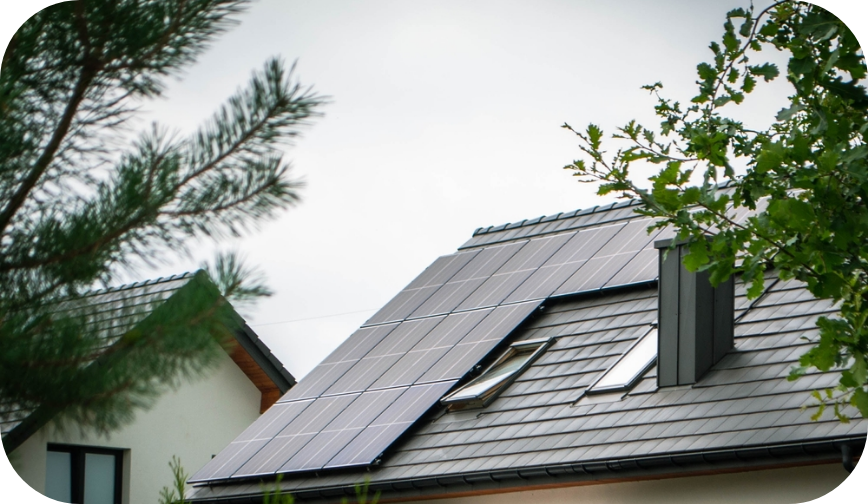
The Amount You Spend on Your Solar System
Before calculating your payback period, you need to know how much you’re investing in the solar system in the first place. You can do this by totaling the cost of the solar system, including installation, without factoring in government incentives.
The Amount You Receive in Tax Credits and Incentives
Solar panels can help you earn cash rebates and major tax reductions in the first year. In fact, 30% of your solar expenses can be subtracted from your taxable income through the federal solar tax credit. Any incentives you receive may help you shorten your payback period. You’ll subtract your incentives from your total system costs to get your net solar costs. Remember to speak to a tax professional who can help you file your taxes correctly.
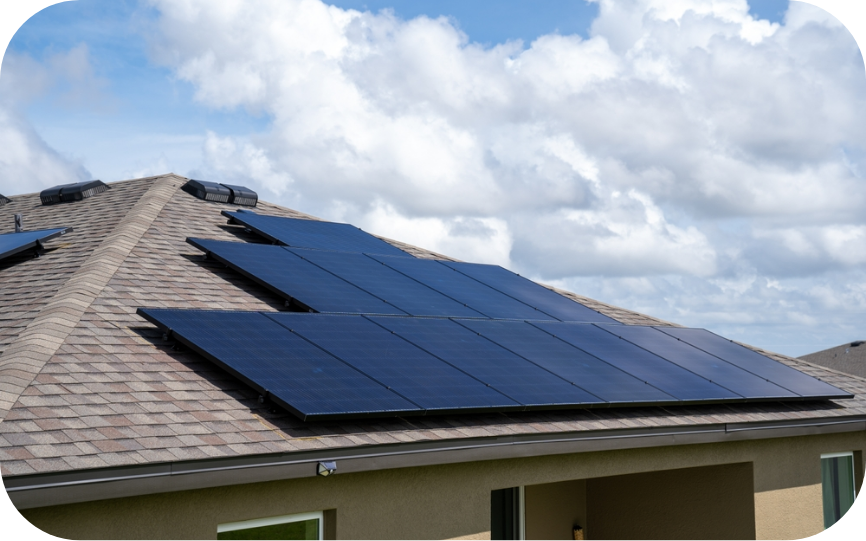
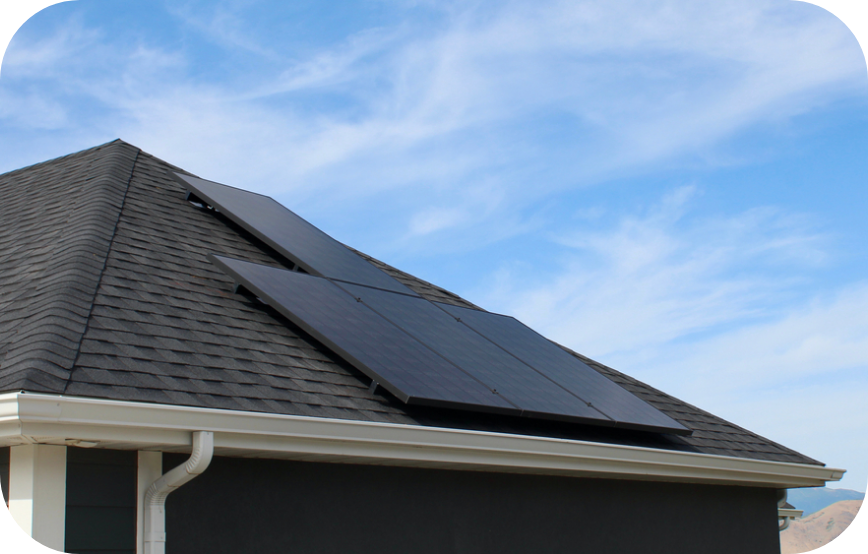
The Energy Requirements of Your Home
Bigger homes tend to need larger solar systems, which have a lower cost per watt. It sounds counterintuitive, but this means houses that consume more energy will usually enjoy a shorter payback period because of the lower costs associated with the system size. The opposite is also true.
The Energy Your Panels Produce
The higher the efficiency of your panels, the shorter your payback period; the solar energy produced by your system offsets the electricity you’d typically use from the grid. This will be the case only if your solar panels are optimally positioned to get sunlight and properly installed.
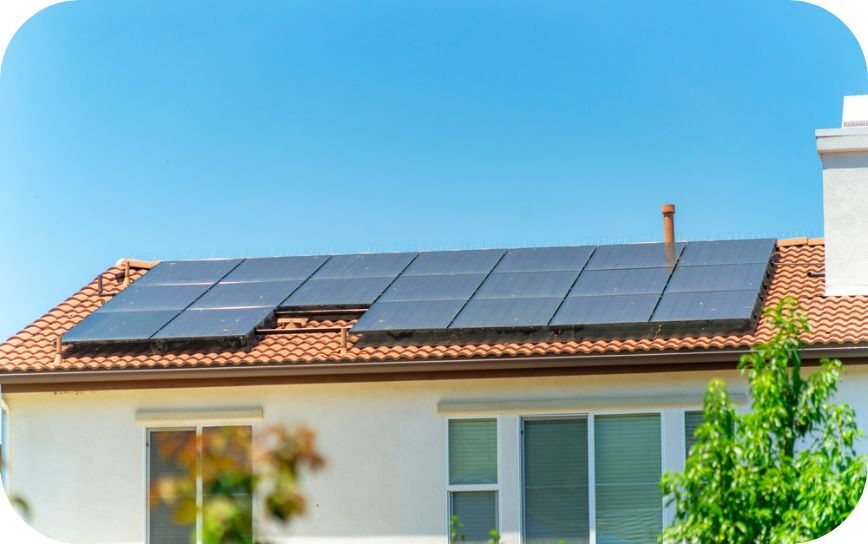
The Costs of Electricity in Your Area
Electricity costs go up and down, but the good news is that the higher your electricity rates, the shorter your payback period. As soon as your solar panels are up and running, you can reduce or totally eliminate this expense.
Each state has different incentives and rebates available to its residents, which means the solar payback period will differ based on where you live. Some states have shorter payback periods than others because they offer incentives that make it more affordable for residents to upgrade.
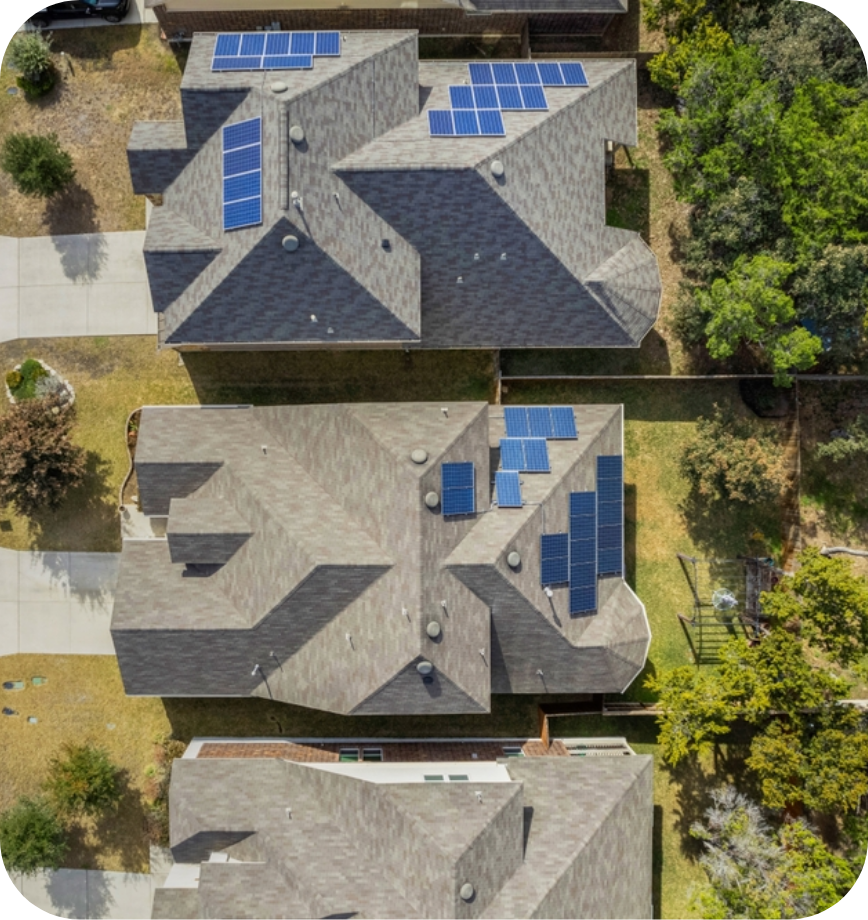
How to Calculate Your Solar Payback Period
It’s easy to calculate how long solar panels take to pay for themselves; start with the total amount you spent on equipment, installation, and materials. Then, subtract the amount you received in incentives and rebates, and divide that amount by the amount you save on electricity bills until this equals the total cost of the project. Just remember that electricity prices are unpredictable. Here’s what that could look like:
Cost of the solar system installation: $15,000
Rebates, other incentives: $2,000
Annual electricity savings: $1,500
$15,000 – $2,000 = $13,000
$13,000 / $1,500 = ~9-year payback period
Because the amounts fluctuate from month to month, these particular calculations do not account for net metering, which yields higher savings and can help you reach your payback period sooner.
At the end of the day, the best way to get an accurate solar estimate is to schedule a consultation with a knowledgeable advisor from Axia Solar.
What is a Reasonable Payback Period for Solar?
Again, payback periods vary by property, location, and other factors, so it’s difficult to say what constitutes a “good” payback period. A reasonable payback period could be considered to be around the average, but solar experts usually use the rule of thumb that if your payback period is less than half the life of the solar system, it’s a good investment.
If you’re looking to minimize the payback period, it’s possible to shorten it by investing in high-quality components and panels, installing solar storage, taking advantage of incentives, and increasing energy efficiency in other areas of your home.
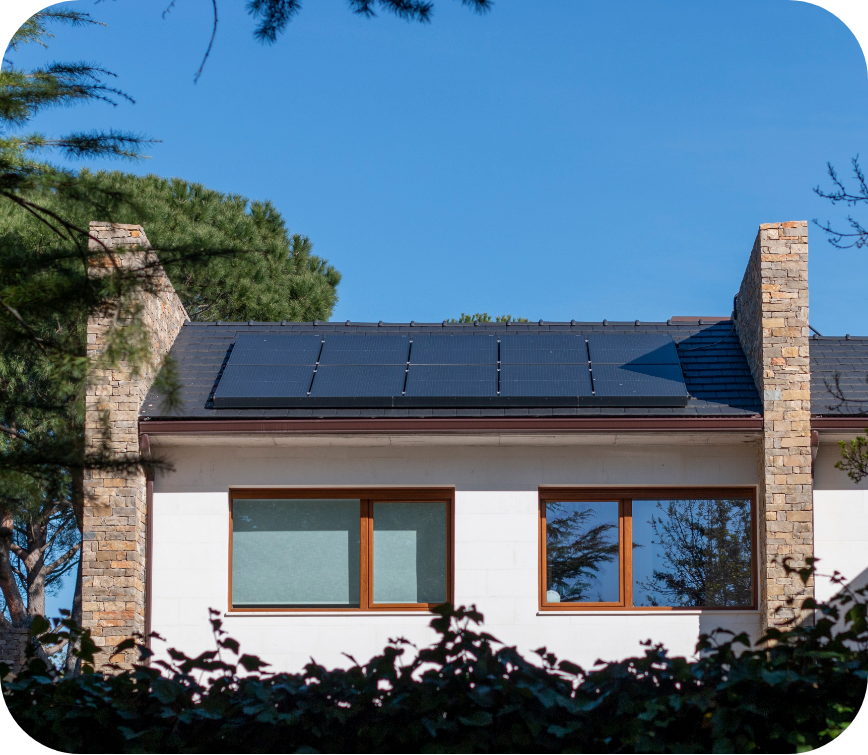
How Long Can a Solar Panel Last?
The life of a solar panel plays a part in how much you gain over time in electricity savings. If your panel has a short lifespan, you’ll have less time after the payback period to reap savings before having to purchase a new panel.
Monocrystalline Solar Panels
These are the most common and effective type of solar panel available today. And, while most panel manufacturers offer 25-30-year warranties, these panels could last up to 40 years or more.
Polycrystalline Solar Panels
Polycrystalline solar panels are also a popular choice for solar energy. However, they aren’t as effective as monocrystalline panels, and often degrade faster. These panels often last 25-35 years.
Thin-Film Solar Panels
These panels are less effective than the other two choices, and they also have a shorter lifespan. If you choose to install thin-film solar panels on your home, expect them to last 10-20 years.
So, is solar a good investment still? If it takes you 10 years to recoup your expenses, you’ll still have 25 years to make money on the system and benefit from the upgrade — so we say yes! Just remember that your payoff period may vary depending on fluctuating electricity costs, the efficiency of your solar system, and your personal energy consumption.
Axia is Here to Help You Calculate Your Payback Period
As you consider all your solar options, you might feel overwhelmed and stressed as you face the pressure to choose the right solar company for your goals and budget. Axia Solar is on a mission to take the pressure off your shoulders — we strive to make energy independence as easy and stress-free as possible.
Choose our team for your solar upgrade today, and let us help you calculate an accurate solar payback estimate that’ll have you feeling great about your decision. Solar can be a good investment, and it’s never too late to get started.